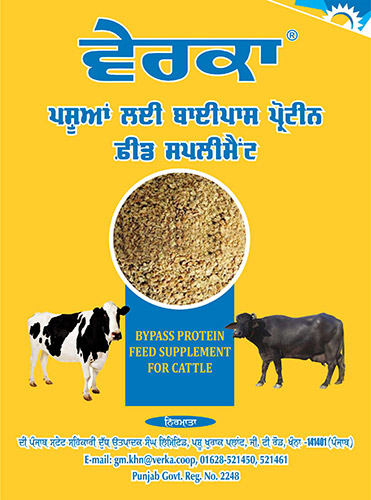Milk as a Complete Food

Milk is one of the most common food items consumed by the human race. While it can be enjoyed alone, some people consume it as a shake, a smoothie, an ice-cream, or in any other form, milk has numerous uses. Many people are not convinced whether or not it is a complete food? Read on to find out.
Milk is rich in protein, fat, carbohydrates, vitamins and various minerals essential for maintaining fluid balance and a healthy body.
Proteins such as casein, globulin and albumin contain key amino acids required for building tissues and the repair of damaged cells in our body. Milk also contains carbohydrates in the form of lactose. We get energy for activity from the intake of carbohydrates. Carbohydrates also regulate hormones in our bodies. The deficiency of carbohydrates in the blood causes muscle fatigue and lack of concentration. The high volume of soluble fibers in milk combine with fat and sugar to delay digestion, and this is why doctors often recommend milk as a remedy for constipation.
Vitamins in milk, primarily vitamin B12, are responsible for the healthy functioning of the brain and the nervous system. The calcium in milk also provides teeth with a natural shield against cavities and tooth decay. It also increases the metabolism of fat and is also known to reduce the risk of hypertension by maintaining the elasticity of blood vessels. Not just calcium, milk also contains magnesium, phosphorus, potassium etc. which is why milk is a complete food.
These wonderful facts about nutrients in milk should convince everyone that milk on its own or blended with flavours, as a liquid or frozen as an ice-cream, is complete, wholesome and great any which way.





























